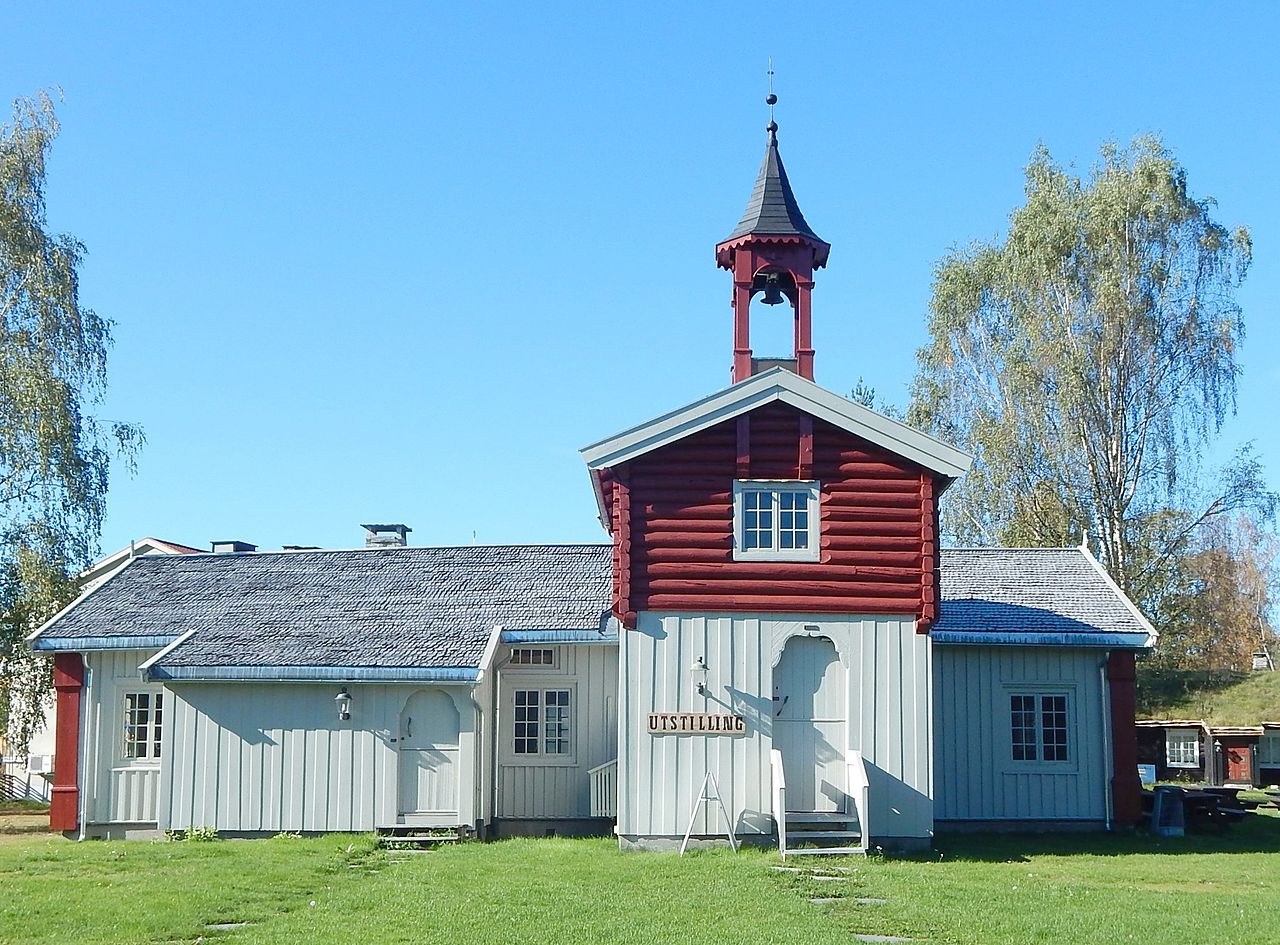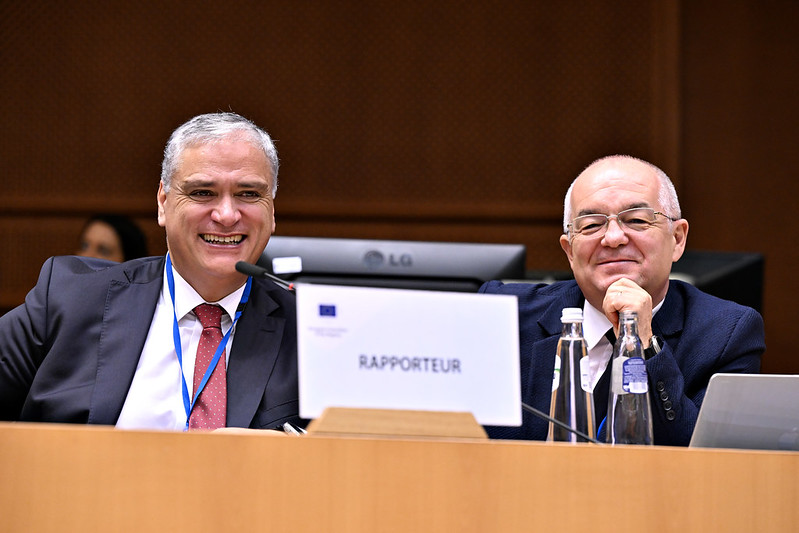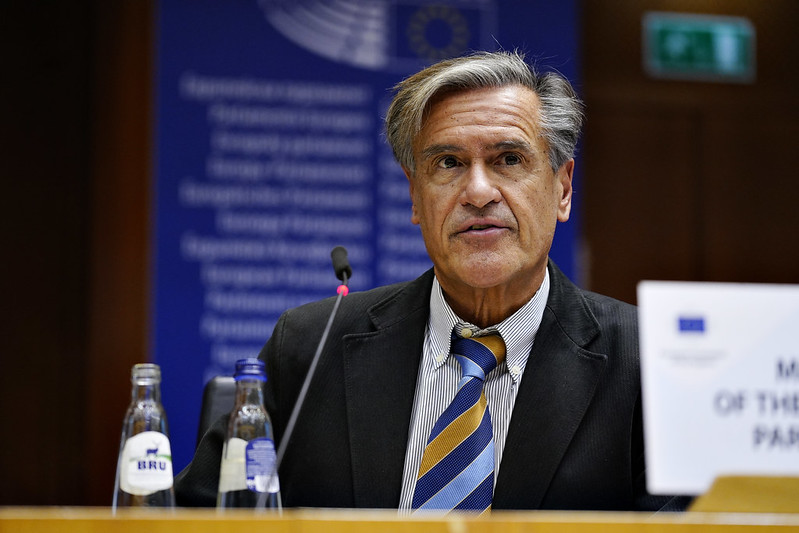The town of Osijek, Croatia hosted showcases of both the nation’s and the region’s use of European Unions funds.
On November 30, the city hosted the national “Sunflower” award ceremony for rural tourism, which was attended by Croatians from all strands of life, from MEPs and Ministers to farmers and local restauranteurs.
On the same day, the city’s University of Josip Juraj Strossmayer hosted a conference on its potential to bring more technological innovation to the city and region.
The Sunflower ceremony saw over 80 awards being given out to huge range of different rural initiatives and businesses. It had been organised by the local Council of Osijek-Baranja Country along with Croatia’s Ministry for Tourism and Rural development.
Deputy Prime Minister Ivan Anušić said that Croatian tourism has started to develop in a more rural direction, and that Osijek-Baranja County has seen this as an opportunity. “I think our tourism figures are excellent,” said Anušić.
Meanwhile across town at Osijek’s local university campus, another event aimed to spotlight scientific accomplishments, fostering collaboration between academia and the business sector, all with the support of EU funds.
The inaugural day featured insights from the State Secretary of the Ministry of Regional Development and EU Funds, Domagoj Mikulić, unveiling new opportunities within the European Union Funds for the 2021-2027 programming period.
Mikulić said that Croatia has already seen substantial use of its EU funds, with over 90% disbursed to beneficiaries. The country aims for even closer proximity to 100% realization, with a focus on strengthening the economy, entrepreneurship, and business competitiveness.
State Secretary Domagoj Mikulić highlighted Croatia’s allocation of 25 billion euros for EU projects in the financial period 2021-2027. Emphasis will be placed on projects related to renewable energy sources, energy efficiency, and green development.
The importance of balanced regional development, particularly through the industrial transition of regions and the ITU mechanism, was underscored. Cities are envisioned as catalysts for broader urban development, and significant resources will target assisted and mountainous areas, islands, and industrial transition plans.
The conference also featured presentations showcasing the achievements of scientists from the University of Osijek, aligning with the Smart Specialization Strategy of Croatia. All science projects seeking EU funding must comply with this strategic document’s thematic priorities.
Attendees were briefed on intellectual property forms and levels of technological readiness arising from scientific research.
The conference marked the inaugural event in a series focused on presenting academic accomplishments to boost innovation and competitiveness in the economy. Geared towards scientists, entrepreneurs, support institutions, economic associations, and local and regional representatives, the conference aimed to drive positive changes in both the economy and society.





